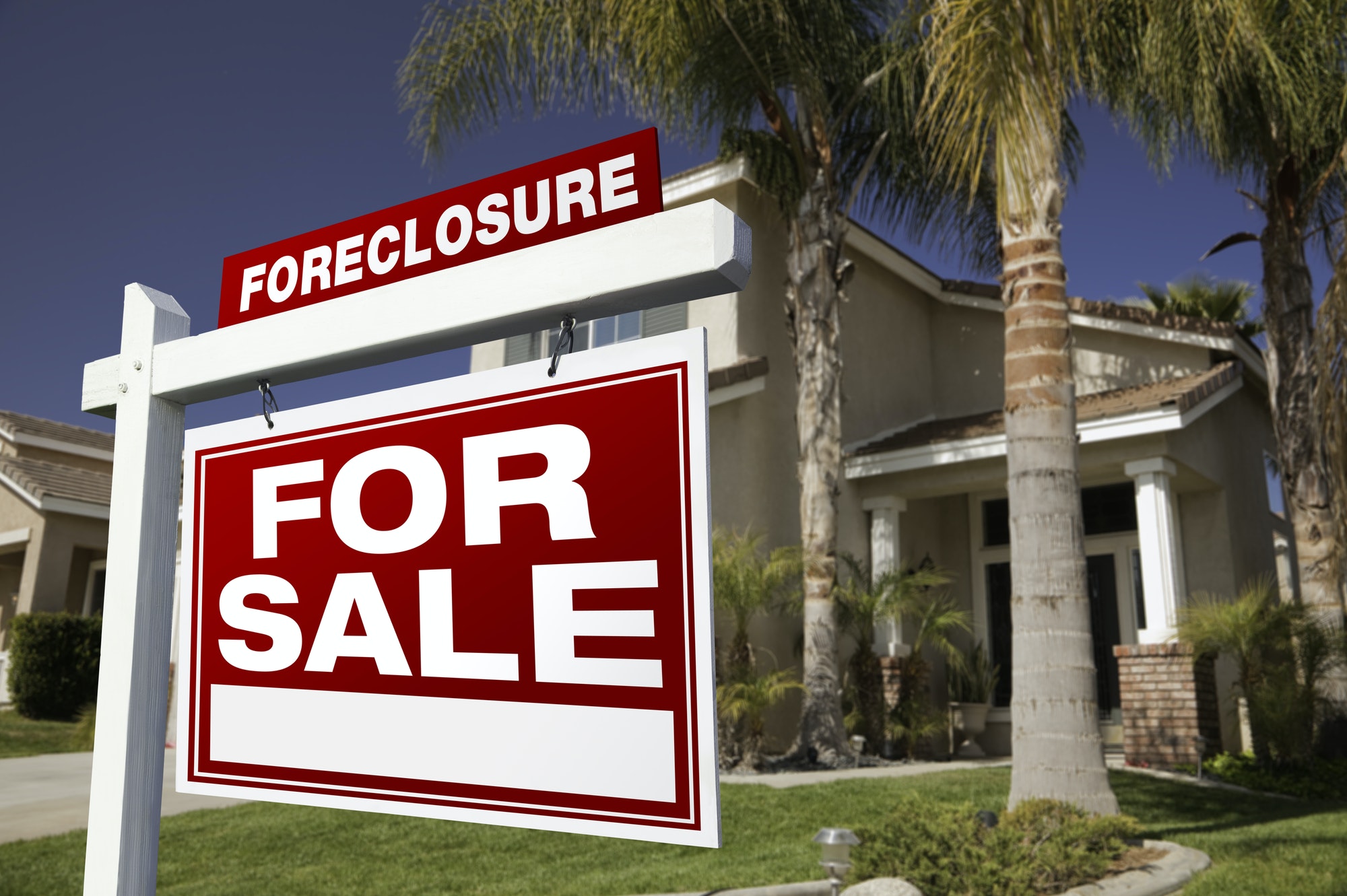Foreclosures aren’t just properties changing hands – they’re a story of financial ups and downs in the real estate world. These homes, often taken back by lenders due to money troubles, play a big part in how the housing market moves. They affect what homes are available, how much they cost, and the chances for both buyers and sellers. Exploring foreclosures goes beyond just the buying and selling of houses; it’s like understanding a secret code that shows how the market works and how people can make smart moves in real estate.
Understanding Foreclosures
Foreclosure is a legal process by which a lender reclaims a property from a borrower who has defaulted on their mortgage payments. This process typically involves the sale of the property at a foreclosure auction. The lender takes possession of the property, often as a last resort, when other attempts to resolve the default have failed.
The Role of Foreclosures in the Real Estate Market
- Increased Housing Supply: Foreclosures contribute to the supply of available homes in the real estate market. When lenders take possession of foreclosed properties, they seek to sell them to recover the outstanding debt. These properties enter the market and increase the overall housing supply.
- Impact on Home Prices: The presence of foreclosures can put downward pressure on home prices. Distressed properties, including foreclosures, are often sold at lower prices, which can influence the pricing of comparable non-distressed properties in the same area.
- Opportunities for Buyers: Foreclosures present opportunities for homebuyers, particularly those seeking affordable housing options. Buyers may find properties at a reduced price, making homeownership more accessible.
- Real Estate Investment: Real estate investors often target foreclosures as investment opportunities. They purchase distressed properties, renovate them, and then either resell them or generate rental income. This investment strategy can be lucrative in the right market conditions.
- Market Stability: Foreclosures can influence market stability. In areas with a high concentration of foreclosures, market conditions can become more uncertain, with fluctuating prices and increased volatility.
- Challenges for Sellers: Homeowners looking to sell their properties may face challenges when competing with foreclosures. Reduced property values and increased competition can make it more difficult to sell a non-distressed property.
- Local Economic Impact: High foreclosure rates in a particular area can have broader economic implications. The decrease in property values can impact property tax revenues, local services, and the overall economic health of the community.
Conclusion
Foreclosures play a multifaceted role in the real estate market, affecting supply, demand, and property values. While they can represent opportunities for buyers and investors, they can also present challenges for sellers and communities. The real estate market’s response to foreclosures is highly dependent on the local economy, housing demand, and the overall health of the housing market.
Understanding the role of foreclosures in the real estate market is essential for all stakeholders, whether you’re a prospective buyer, seller, investor, or simply someone interested in the dynamics of the real estate industry. It’s a reminder that real estate is not solely about buying and selling homes but also about the broader economic and social influences that shape this ever-evolving market.
